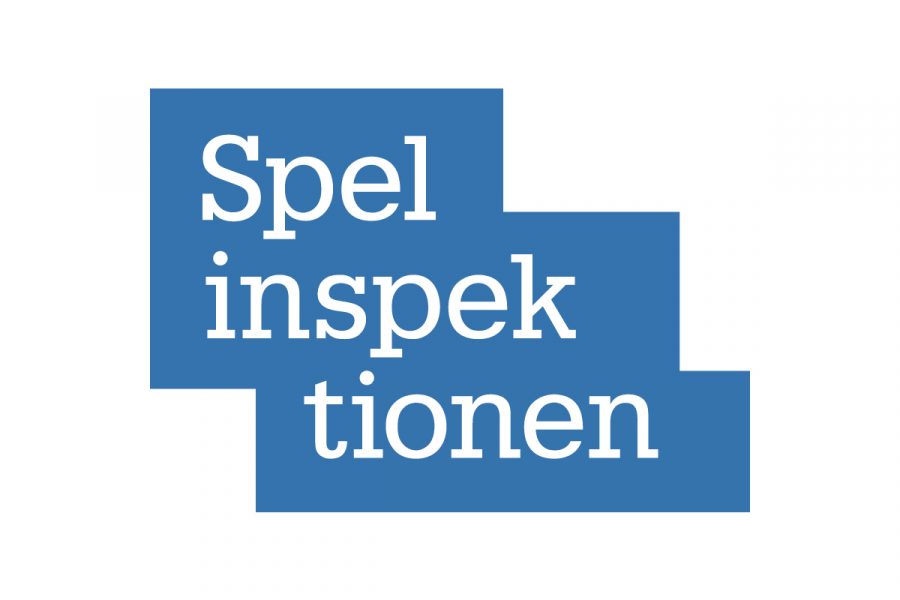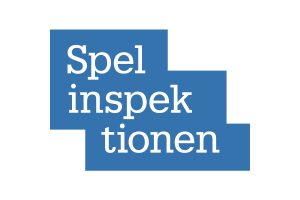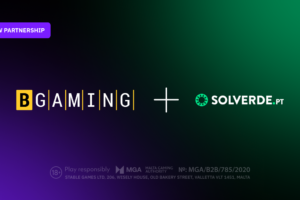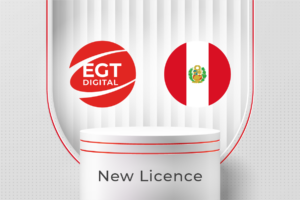Swedish gambling regulator publishes new AML guidelines

The Swedish gaming regulator has published new AML guidelines for the online gaming sector after receiving requests for clarity.
Sweden.- The national gambling regulator Spelinspektionen has published new guidelines on anti-money laundering and terrorist financing measures after operators asked for more clarity in the area. The new guidelines include summaries of operators’ obligations, best practice and a review of the relevant law.
Licensed operators must carry out risk assessments of their operations and have internal procedures for action against money laundering and terrorist financing. Risk assessments must be reviewed and updated regularly.
They must also implement internal routines and procedures to protect against financial crime, including customer awareness, monitoring and reporting measures. Resources must be used where the risk is greatest. Meanwhile, staff must receive training to ensure they have sufficient knowledge of the routines in place.
Operators are obliged to review and report suspicious transactions under Sweden’s Money Laundering Act. If operators still harbour suspicions after initial analysis, they must report the cases to the Financial Police.
The regulator’s chief executive Camilla Rosenberg said: “The gaming industry is a risk area for money laundering and we have seen a need for clarification and guidance in this area. This guide will lead to an increased understanding of what is expected of licensees in the Swedish market.”
New guidelines on risk factors
Under know-your-customer requirements, operators should verify the identities of all account holders through e-identification. Operators must collect relevant data and identify any deviations from expected behaviour.
The new guidelines suggest that operators consider customers who deposit up to €2,000 during a 12-month period as low risk. Those who deposit more may be considered normal risk. Factors such as unusual or irrational game patterns, large transactions and unwillingness to respond or submit documentation should be taken as signs of high risk.
Spelinspektionen said: “The Swedish Gaming Inspectorate considers that in general it would be advantageous if the licensees asked more questions when registering new customers. Licensees’ issues should focus on the origin of future deposits and through such questions, licensees learn to know their customers better already at the on-boarding.
“An effective way to reduce the risk of money laundering and financing of terrorism can be to apply so-called closed loop transactions, which means that the customer only has the opportunity to withdraw money to the account that the deposit was made from.”
Last week Spelinspektionen ordered William Hill’s Evoke Gaming subsidiary to re-verify player accounts created in 2019. The order came after the regulator fined the same company’s Mr Green subsidiary over know-your-customer and anti-money laundering failings.
See also: BOS calls for Swedish deposit cap to be lifted with other Covid-19 measures










